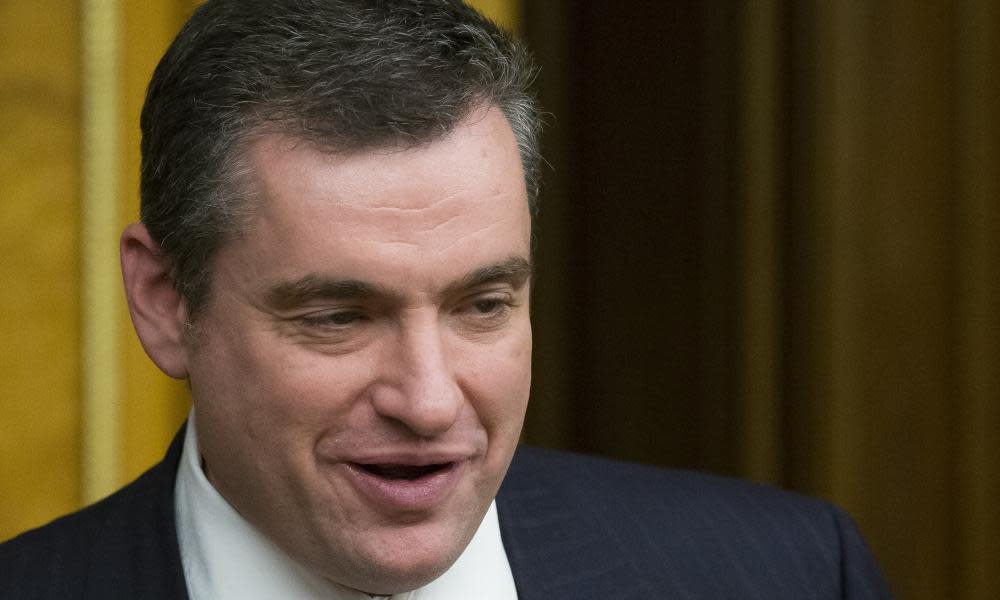Media boycotts Russian parliament in harassment row

As many as 20 Russian-language media outlets have withdrawn their journalists from covering Russia’s lower house of parliament or limited their coverage in protest at a sexual harassment scandal involving an MP.
RBC, TV Rain, RTVI and Echo of Moscow have withdrawn their journalists from the Duma in the past 24 hours after an ethics committee cleared Leonid Slutsky of any wrongdoing over a series of alleged unwanted sexual advances towards reporters.
The boycott is an unusual show of solidarity over sexual harassment, a problem that is often laughed off in Russia and recently has been painted as a pet issue of western liberals at odds with traditional Russian values.
RBC announced on Wednesday it would recall its journalists. “This decision by the ethics committee, in fact, admits the norm of the possibility of sexual harassment toward journalists by newsmakers,” it said in a statement. “We do not agree with this approach and refuse to consider the Duma’s position in this question to be adequate.”
Two popular business dailies, Kommersant and Vedomosti, said they would limit their correspondents’ interactions with Slutsky.
Three female journalists have publicly accused Slutsky, the head of the Duma’s foreign affairs committee, of making unwanted sexual advances towards them while they negotiated with him over interviews. One said she had an audio recording of the encounter.
In one case, Slutsky was accused of asking a journalist to become his mistress and touching her inappropriately. In another, a journalist said Slutsky locked her in his office and tried to kiss her.
“He asked me to come without a camera,” said the journalist, Ekaterina Kotrikadze, in a live broadcast on the RTVI television station, where she is now a deputy editor. “He brought me into his office, locked the door and tried to pin me against the wall and somehow kiss and touch me. I got away and ran.”
Otari Ashiba, the head of the Duma ethics committee, said it had found no “violations by Slutsky of behavioural norms” and suggested the accusations were a provocation.
“The members of the commission have noted that the accusers announced their accusations of Slutsky nearly simultaneously, during the presidential election campaign, and after a significant amount of time (from one to three years) after the supposed incidents took place,” she said.

 Yahoo News
Yahoo News 
